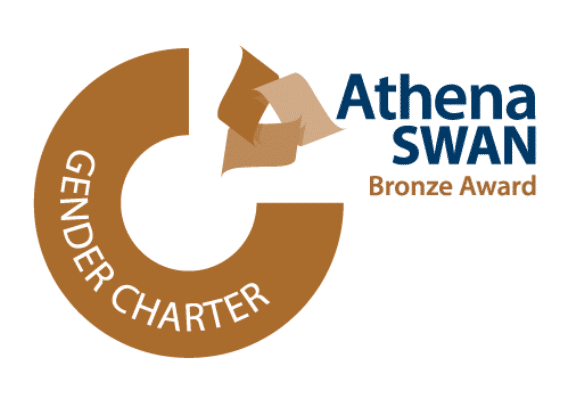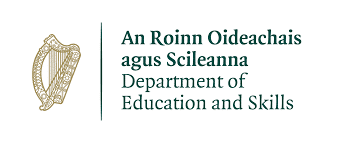Menu
Menu
Opportunity to explore a wide range of subjects before focusing on your area of interest
Only Level 7 Arts programme of its kind in Ireland
Course is designed with an interdisciplinary approach to learning across the different subject areas
Please note: the B.A. in Arts & Humanities (Level 7) programme is no longer accepting applications. You may consider the B.A. (Hons) in Arts & Humanities (Level 8) as an alternative.
The B.A. in Arts and Humanities is a 3 Year Level 7 Programme. It gives students a solid grounding in the major ideas, events and cultural heritage that have influenced western conceptions of humanity and society. Students who successfully complete the programme can progress to the final year of the honours programme.
Tailored to individual interests
The B.A. in Arts and Humanities is designed in such a way that students can study a broad range of areas or narrow their focus to the subjects they want to pursue in Year 3. Also, to help students prepare for life in college, there are special modules in first year, such as academic and digital skills.
Five core disciplines
In all, there are five core disciplines from which students can choose modules (in a variety of combinations):
What can you expect to learn?
The programme equips students with the essential tools needed for the 21st century by nourishing critical thinking, developing communication skills and preparing for future choices. Students who take this course can open their mind to different ways of thinking and understanding; they become reflective thinkers who are socially engaged and appreciate learning as a lifelong activity.
Where can you expect to go?
Graduates of this programme find employment in many different fields such as media, marketing, tourism, banking, pastoral care and the civil service. For those students who progress and complete a Level 8 B.A. (Honours) in Arts and Humanities programme, postgraduate study is possible. The B.A. in Arts and Humanites also has primary teaching placement options for students who concentrate a portion of their studies on Theology, ideal for those who are planning to progress to a Level 8 programme.
This course is no longer available to new students. If you are a prospective student, please see our new three-year BA (Hons) in Arts & Humanities
Choose 6 modules in each semester
Choose 6 modules in each semester
Students can progress to the B.A. (Hons) in Arts & Humanities after Year 3 and complete an additional year to achieve their Level 8 qualification.
*Cyclical modules
Graduates work in a wide range of areas including Public Relations, Administration, Civil Service, Banking, Information Technology, Travel and Tourism, Heritage, Arts and Culture, Pastoral Care, Marketing and Digital Communications, Media and Advertising. They can also pursue careers in teaching through the Honours pathway with further Postgraduate studies.
Carlow College is a fantastic academic college with some of the best lecturers! It provides great support to all students and there is a great sense of community that you don’t really get in bigger institutions. It has a beautiful campus with great resources. I really enjoyed Philosophy! I took predominantly Philosophy subjects in my last two years at Carlow College and I set up the Philosophical Society in the college. Noel Kavanagh was a huge support! I wouldn’t have my Masters or be where I am today in my career if it wasn’t for Noel!
When I graduated from Carlow College, I got a job working for Sky Ireland, Iwas in Sky for 5 years and last year I was one of the first people in Ireland totrial Fibre to the home Broadband. It was a brand new trial team and it was very successful. I then started in the Department of Foreign Affairs in January 2019 and recently worked on a new project for the consular crisis management team. The project aims to manage and improve issues that arise from crisis situations, happening either abroad or at home in Ireland i.e. natural disasters, terrorist’s attacks etc.
I personally believe if I had not gone to Carlow College, I would not have a degree today. My life at Carlow College was fantastic and I only look back with such fond memories of the place.
Carlow College is a fantastic academic college with some of the best lecturers! It provides great support to all students and there is a great sense of community that you don’t really get in bigger institutions. It has a beautiful campus with great resources.
The real advantage of Carlow College, St. Patrick’s is the openness of the academic staff, and the understanding that your time spent in Carlow College is a means to an end, rather than an end in itself. I was encouraged to shape an education that would be advantageous for me in the long term. This goes beyond the academic staff. I remember the library staff ordering in books for my studies on EU law, which I hope have proven to be of service after my graduation.
Needless to say, there is more to a College than just the academic part of life. There is a great sense of community between staff and students in the College. Be it the annual soccer match between academics vs students or the ability to keep in contact with staff after graduation, the community spirit is something unique to the College. Ultimately, your experience in Carlow College, St. Patrick’s is what you make of it, both academically and socially.
I now work as a Policy Advisor for FEPORT in Brussels, Belgium. FEPORT represents the private port opertors and companies located out of the sea ports of the European Union. In total, FEPORT represents 1,200 companies and 220,000 employees. I work to ensure that the the interests of thecompanies are sufficiently represented at European Union level.
There is a great sense of community between staff and students in the College. Be it the annual soccer match between academics vs students or the ability to keep in contact with staff after graduation, the community spirit is something unique to the College.
Why Humanities?
I was interested in the mix of subjects, and I liked the idea of being able to study English while taking modules in psychology and creative writing.
Why did you choose Carlow College?
I was attracted to Carlow College as a close-knit college community with relatively small class numbers.
How would you describe your time at Carlow College?
My experience at Carlow College was wonderful. It’s such a friendly and supportive environment, and the staff (from teaching staff to librarians, admin and catering) are great. One of the significant benefits of attending a smaller third level institution is that you never feel anonymous or alone – everybody knows your name, including the lecturers, and it makes the college experience far less daunting than it might be at a bigger institution.
What did you enjoy most about the programme?
I enjoyed the close-knit learning environment and the diversity of subjects.
What did you find challenging about your programme?
I found that the work load was intense in the final year, with the thesis work in addition to essays and exams.
Have you worked on any exciting projects since you began working?
I have had several articles published in academic journals, and in 2018 had a book chapter published. I have also had the opportunity to take part in various conferences, both at home and abroad, and have been invited to talk about my research at public events and podcasts!
Why should people pursue a degree in Humanities?
A degree in humanities gives students who aren’t sure about their post-college plans great scope to make those choices when they’re ready – several of my classmates have gone on to teach at primary and second, while others are historians or pursuing postgraduate qualifications in religious studies or psychology. It provides a great breadth of learning.
What was the highlight of your time at Carlow College?
The highlight of my time at Carlow College was the opportunity to present my final year thesis project, as it was my first experience of sharing my research in a public space.
What advice would you offer to people considering to study at Carlow College?
I would advise them to consider the benefits of a 3rd level institute which offers a wide range of subject choices and a learning environment which is wonderfully supportive.
What did you do when you graduated?
I went straight into an MPhil programme at Trinity College Dublin, and from there to the PhD programme which I am currently enrolled in.
How did your experience at Carlow College help you find your first position after graduation?
I was advised to apply to my MPhil programme by the career services advisor, and my application was supported by references from Dr. Eoghan Smith and Dr. Simon Workman, who were both tremendously helpful.
What would a typical day look like for you?
A typical day in term time would include some library time and an hour or two of writing, plus 3-4 hours of tutorial teaching and essay marking. It might also include taking part in conferences and symposiums, and meeting with my supervisor.
Why Arts & Humanities?
I’ve always enjoyed variety when it comes to life and academic studies, and belonging to a close-knit community. The B.A. Honours in Humanities was very attractive to me as an undergraduate, it allowed me to explore a variety of studies such as Theology, Psychology and Philosophy, to broaden my knowledge of more than one subject, while allowing me to do so in a warm, welcoming and personal environment.
Why did you choose Carlow College over other institutions?
Carlow College is unlike any other college, they offer excellent courses, outstanding lecturers and it really gives the student a warm, friendly and close-knit environment to grow in. Having attended other larger universities over the years I found them lacking the personal touch. Everyone in Carlow College is treated like an individual and not just a number. I think back very fondly about my time spent there. I chose this college because I knew I would receive excellent and personal support from the academic team right through to my fellow students and all of the staff there.
What did you enjoy most about the programme?
I absolutely loved the variety of interesting and exciting classes on offer each year. We were some of the first students in Ireland to undertake a Philosophy course in Humans and Other Animals, I’m really proud of that and the fact that the courses really broadened my way of thinking about life. I studied English, Psychology, Drama and Performance, Social Studies and theology, It’s very hard to get such variety anywhere else. I also loved how approachable the lecturers are and how they really go above and beyond to make things fun and interesting for every student.
What did you find challenging about your programme?
Writing Essays was probably the thing I found most challenging. I think many students come from the Leaving Certificate where everything is there in front of you and all you have to do is learn it off. Carlow College wants you to think about things, use your thoughts and opinions and express yourself, this is something I really had no experience in until I started there. I got the hang of expressing myself and learning to write academically after a couple of months and it really has stood to me over the years in many of the jobs that I have undertaken. Plus, the college offered an excellent free service called “Essay Doctor”, where you can get help and advice about writing your essays and writing academically, which was really helpful.
Why should people pursue a degree in Humanities?
This is a question I get asked a lot. It’s a question I’ve really thought about. What pursuing a degree in Humanities does for you in my opinion, is it teaches you how to effectively think on your feet; express your opinions clearly and concisely, whether spoken or written; it teaches you to take large quantities of information and be able to process it quickly and effectively; it teaches you to think about ideas and theories and opens your eyes to living a better life and helping and encouraging others to do so. It also allows you to work in any industry. I have worked very successfully in the service industry, the security industry, in private and public sectors as well as the Non-Governmental Organization sectors over the years. I am able to apply myself to anything, work in fast-paced environments and make quick and effective decisions. In my experience employers nowadays are looking for candidates like this who show an ability to be able to work diversely. Personally, it has allowed me to experience many industries, seek out new and exciting career challenges and to be an asset to any industry I work in.
How would you describe your time at Carlow College? What are the benefits of attending a smaller third level institution?
Carlow College is really one of a kind. I found my courage, strength and personal self-belief here not to mention it has given me knowledge and life skills that have been very lucrative and attractive to my former and current employers. The courses are challenging, interesting and enjoyable. The lecturers are quirky, funny, and full of knowledge, always bringing something new and exciting to the table, and always offering an open door to you when you need the extra support. For those who enjoy the benefits of a strong student life with plenty of activities, nightlife and a student union who has always done their best to cater to students, in a warm and welcoming town, this is the place to be. Attending a smaller college means you are the focus, you get the attention you need to be the best version of yourself after 4 years, primed for the world of work, you meet amazing friends and you have support and encouragement in a friendly environment in a friendly town.
What was the highlight of your time at Carlow College?
There are too many highlights for me; life-long friends that I made, the academic and professional relationships that I have carried with me throughout my career, the way in which the lecturers and courses broadened my mind and understanding of myself and the world around me, the nights out with college friends, the days when we would all meet in the canteen to chat and laugh together and support each other through tough times too. Knowing that after 4 years you never really leave, you’ve always got a place to return to where someone will remember you and your story. You don’t really get better than that.
What advice would you offer to people considering to study at Carlow College?
It’s not about the size of the college that matters, it’s not about what anyone else is doing or where they’re going with their lives, it’s about having an invaluable support system, with interesting, exciting and challenging courses that are going to transition you into an excellent commodity for the employer and career of your dreams; that’s what Carlow College has to offer you.
What did you do when you graduated?
I went to work in the security industry and was quite successful, I continued my studies in Trinity College in International Peace studies, from there I have worked in both private and public organizations, the community sector and currently as a Regional Development and Project Officer for Age Action Ireland. This coming September I will continue my studies in Psychotherapy and Counselling with the view of opening my own private practise in the near future. Life is a journey and I’m thoroughly enjoying the variety.
How did your experience at Carlow College help you find your first position after graduation?
The first job I entered after leaving Carlow College was in the Security Industry. It involved being able to keep detailed and coherent reports, knowledge of human behaviour, express yourself confidently in challenging situations, intake information quickly and think on your feet, my experience at Carlow College definitely helped me be all of those things.
What are you doing now?
I am currently working as a Regional Development and Project Officer for Age Action Ireland for the Getting Started Computer Literacy Programme. I work across 8 different counties with schools, corporates, community organizations, volunteers, students and learners to fight against digital exclusion among older people. I am involved in training, development and recruitment. It’s a very challenging and exciting role with an excellent cause.
What would a typical day look like for you?
When I’m not working from home, I am out and about around 8 different counties meeting people, training people, developing lines of funding or sourcing venues, planning and supervising classes and advertising the programme to various individuals and groups.
Minimum Entry Requirements
Five grade H7/O6 including English, Irish or a foreign language. Mathematics is not required
Further information on Entry Requirements and application processes available here
Fees & Grants
Information on Fees & Grants can be found here
















